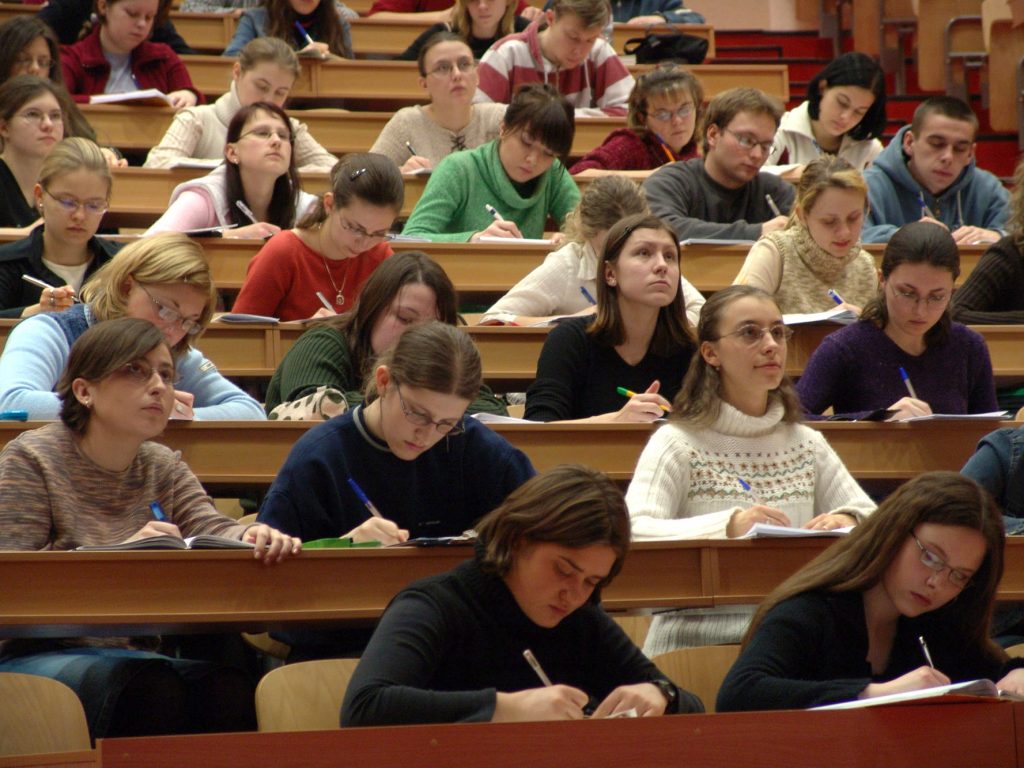This is a great article by Debbie McVity published towards the end of January in the UK WONKHE online newspaper. Looking at the shift in learning following the Covid 19 move on line, it reports how Sally Brown and Kay Sambell, compiled and share resources in an online repository called Covid Assessment Collection.

And they have contributed an B essay in a collection on assessment and feedback in a post-pandemic era published by Advance HE, to “reimagine assessment for good.” Their vision of “future-focused” assessment and feedback calls for assessment to “promote, support, and extend future learning” through designing authentic assessments that develop students’ personal agency and judgement, rather than simply measuring what has already been learned.
Debbie McVitty says:
Good assessment design is hard, and even harder if you want to give students plenty of choice and experience of different forms of assessment – such as producing podcasts, documentary videos, or critical reviews – as well as the traditional essays and exams.
But it is also worth it – diversifying assessment in this way can be part of a more inclusive approach to pedagogy, offering a range of avenues for engagement, and creating space for students to show what they know in different ways. Diversity of assessment also offers students more opportunities to practice a wider range of skills, and develop their use of tools and technologies that will be useful to them in their future careers.
“Assessment is the hardest thing to change yet it’s the thing that’s shaping the students’ experience more than anything,” says Jan McArthur, senior lecturer at Lancaster University. “In research it’s really bad form to be methods-driven – but that’s what we do in assessment. We work backwards from essays or exams and then work in the knowledge we want students to have. We subscribe to all this stuff about promoting graduate attributes of being good citizens and critical thinkers and then we push them into the straitjacket of assessment systems that are so often rigid.”
Assessment can be hard to change. That’s partly because assessment is enormously culturally totemic within and outside the academy. It is (rightly, up to a point) hedged about with rules and processes designed to protect standards, which makes it a tough nut to crack. It is high stakes for both staff and students, so sticking to traditional methods is almost always lower risk than innovating.
Its well worth reading the full article.
